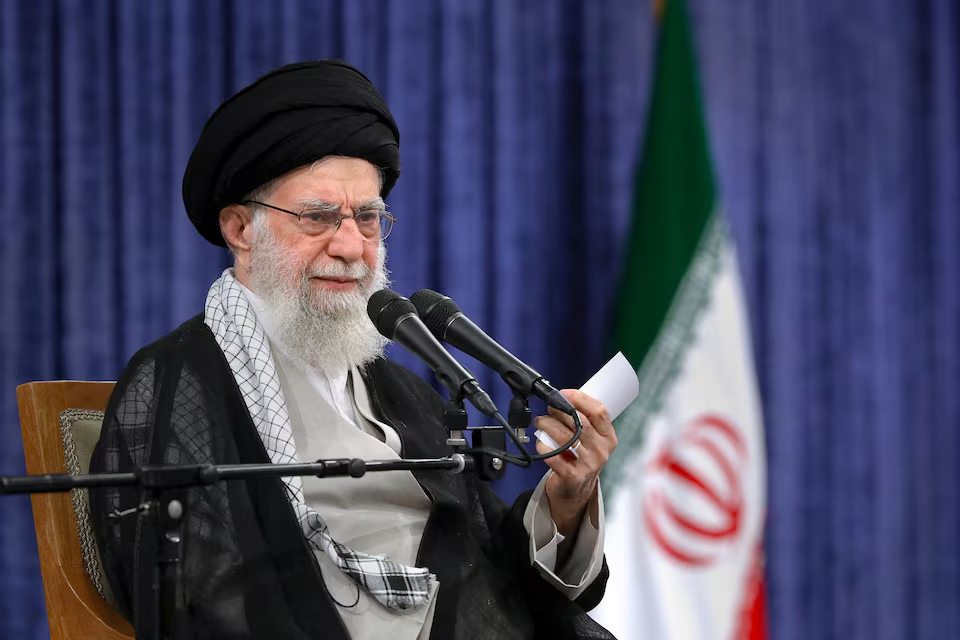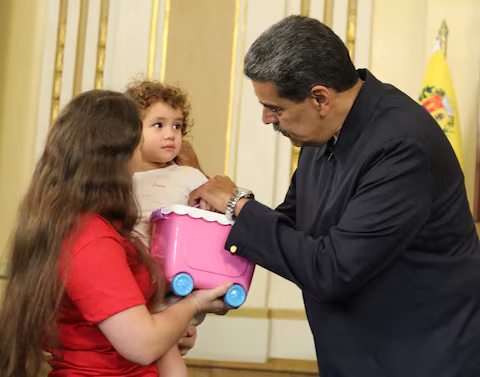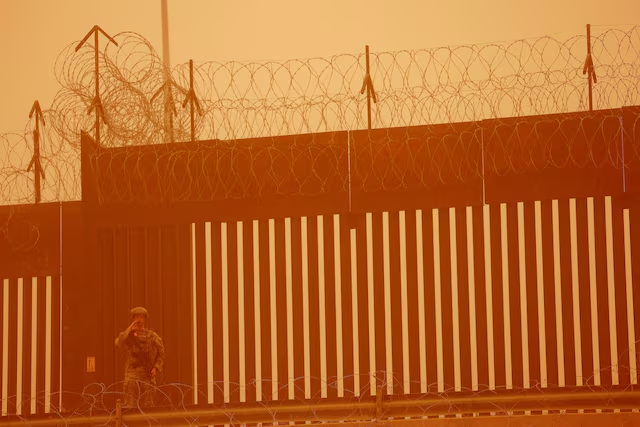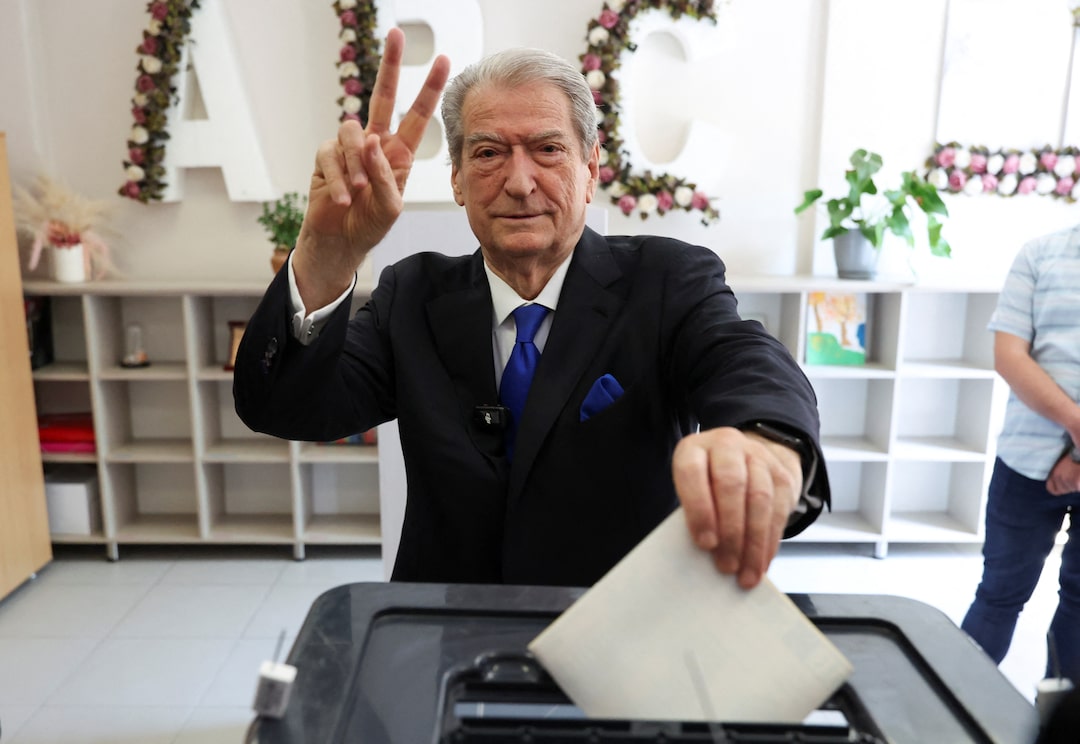Iran is preparing to reject a new nuclear proposal put forward by the United States, according to a senior Iranian diplomat who spoke to Reuters on June 2. The move marks another setback in long-stalled efforts to revive the 2015 nuclear deal, officially known as the Joint Comprehensive Plan of Action (JCPOA), amid rising tensions between Tehran and Washington.
The unnamed diplomat stated that Iran views the U.S. proposal as “insufficient and politically motivated,” and said it fails to address Tehran’s core demands, including guarantees against future U.S. withdrawal and the lifting of all economic sanctions. “We are not going to accept any offer that does not recognize our right to peaceful nuclear energy and that does not come with firm guarantees,” the diplomat said.
The U.S. proposal, reportedly delivered through European intermediaries, includes limited sanctions relief in exchange for Iran freezing uranium enrichment at its current level and increasing cooperation with international inspectors. However, it falls short of offering the full reinstatement of JCPOA terms or unfreezing Iranian assets abroad — both of which Tehran has insisted upon.
The development comes as nuclear diplomacy between Iran and the West remains at a standstill. Since former U.S. President Donald Trump withdrew from the JCPOA in 2018 and reimposed sanctions, Iran has steadily expanded its nuclear program. Enrichment levels now exceed JCPOA limits, with uranium enriched to near-weapons-grade levels, according to the International Atomic Energy Agency (IAEA).
Efforts by the Biden administration to restore the deal have yielded no breakthrough, and the recent U.S. proposal was seen as a last-ditch attempt to de-escalate tensions and prevent further nuclear advancement. A senior U.S. official, speaking anonymously, told Reuters the offer was “realistic and calibrated,” adding that Washington still hopes for a constructive response from Tehran.
But Iranian officials appear unmoved. “This is not a negotiation — it’s an ultimatum dressed up as diplomacy,” said the Iranian diplomat. He accused the U.S. of continuing to exert “maximum pressure” through economic warfare while asking for technical concessions.
The diplomat’s remarks come amid a broader climate of uncertainty in the region. In recent months, Israel has warned it may act unilaterally if Iran’s nuclear program crosses certain thresholds. The latest failure to achieve progress could heighten the risk of military confrontation, with both U.S. and Israeli officials closely monitoring developments.
Meanwhile, Iran’s Supreme Leader Ayatollah Ali Khamenei has reiterated that Iran is not pursuing nuclear weapons but insists that its nuclear program must not be subject to “unfair restrictions.” He recently warned against foreign interference, stating that “Iran will not bow to pressure or threats.”
The IAEA, which continues to face limited access to Iran’s nuclear facilities, has urged both sides to return to full compliance. The agency’s latest report noted declining transparency and growing concerns over undeclared activities.
European nations involved in the original JCPOA — France, Germany, and the UK — have also expressed frustration. In a joint statement, they said Iran’s refusal to engage seriously risks collapsing the framework for any future agreement. “Time is running out, and the window for diplomacy is rapidly closing,” the statement read.
With Iran expected to formally reject the latest U.S. proposal in the coming days, international observers fear that any chance of reviving the 2015 deal may soon be lost. Analysts warn that without a diplomatic off-ramp, the region could enter a new phase of instability centered on Iran’s accelerating nuclear program and the potential for military escalation.
Source; Reuters



